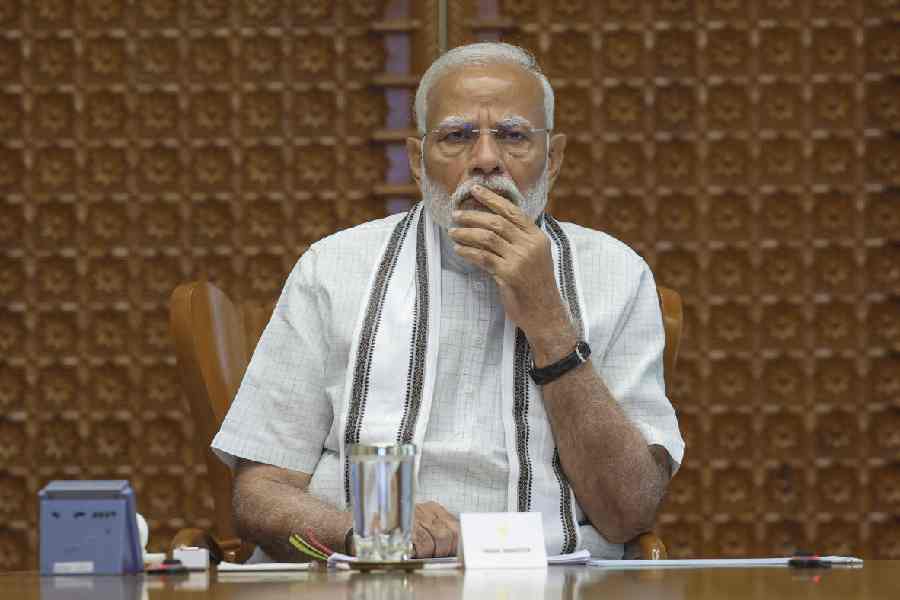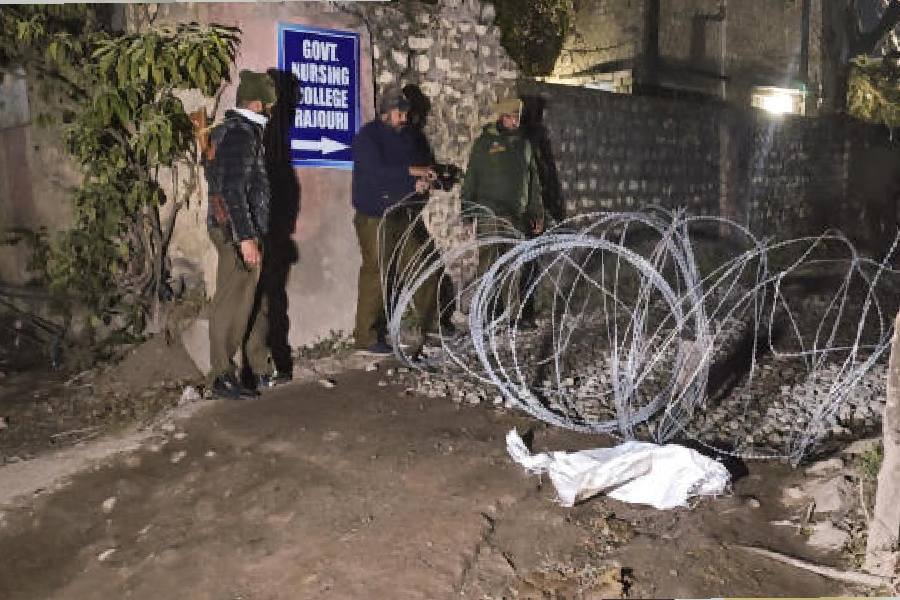As India gets back to serious governance after a hiatus of around two months due to elections, foreign policy issues will be looming large on the horizon. The world did not stop because of the Indian electoral calendar. In some ways, this was recognised by India as well: New Delhi signed a 10-year deal to develop the strategically important Chabahar port in Iran while Indian policymakers continued to visit neighbouring states. The international environment is a challenging one with multiple crises brewing around the world. Navigating this global complexity will have to be a priority for the new government.
The world is witnessing major power contestations. The multilateral order, built on the debris of the Second World War, is no longer fit to address this situation. Global institutions are missing in action just when they are needed the most. Hard power is back as the currency of international politics and nation states, large and small, are having to contend with the rapidity of change.
Indian foreign policy has managed a turbulent period since the Covid-19 pandemic quite effectively. The economic stress that came in the wake of the pandemic has continued: global economies have seen dislocation and concomitant socio-political turmoil. India’s economic story has been better — it is the fastest growing major economy in the world — but the challenges remain formidable.
India’s growing economic heft has given New Delhi a new voice on the global stage. This has been used to not only put forth a case for its own leadership but also to amplify the voice of the Global South. China, Russia and the West have been wooing the Global South too and it will be a test of India’s leadership to sustain its advocacy of a cause that is now oversubscribed. Yet, this is a cause that cannot be abandoned as the extant global structures are not in a position to respond to the needs of the developing world.
The most significant foreign policy challenge for India’s new dispensation will continue to be China’s antagonistic posturing towards New Delhi. The border issue, which escalated dramatically in 2020, remains unresolved and there has been a hardening of position on both sides. Beijing’s growing belligerence in the South China Sea, the East China Sea and the Taiwan Strait makes it unlikely that it is going to change its posture on the Himalayan frontier.
The tussle between China and India is not simply about the border. It is a regional as well as a global contest that is manifesting itself in multiple ways — on global platforms, in maritime projections, in regional push and pull, and in the crafting of partnerships. New Delhi is trying to manage China’s rise by forging partnerships with like-minded nations. The resurrection of the Quad as a more potent platform in the Indo-Pacific is an example. Global fragmentation has also resulted in a tightening of the strategic embrace between Russia and China. Driven by their anti-West posture, Beijing and Moscow have been aligning closely, challenging India’s traditional ties with Russia. New Delhi has managed to navigate the Russia-Ukraine war effectively so far by framing its response around global norms and not blaming Russia directly but Russia’s gravitation towards China will remain a key issue that Indian policymakers will have to respond to.
And then there is the United States of America which is in a state of flux. India, like much of the world, will be awaiting the results of the US’s presidential elections. The possible return of Donald Trump means that New Delhi would have to manoeuvre around his unpredictability. His last term in office was a roller-coaster ride even though India managed to find a way to work with him. But the old template is unlikely to work again and New Delhi should be prepared to deal with greater turbulence.
There is no dearth of challenges on India’s foreign policy front. A tough global environment means that Indian diplomacy and the government will have to rise to the challenge.
Harsh V. Pant is Professor of International Relations, King’s College, London











